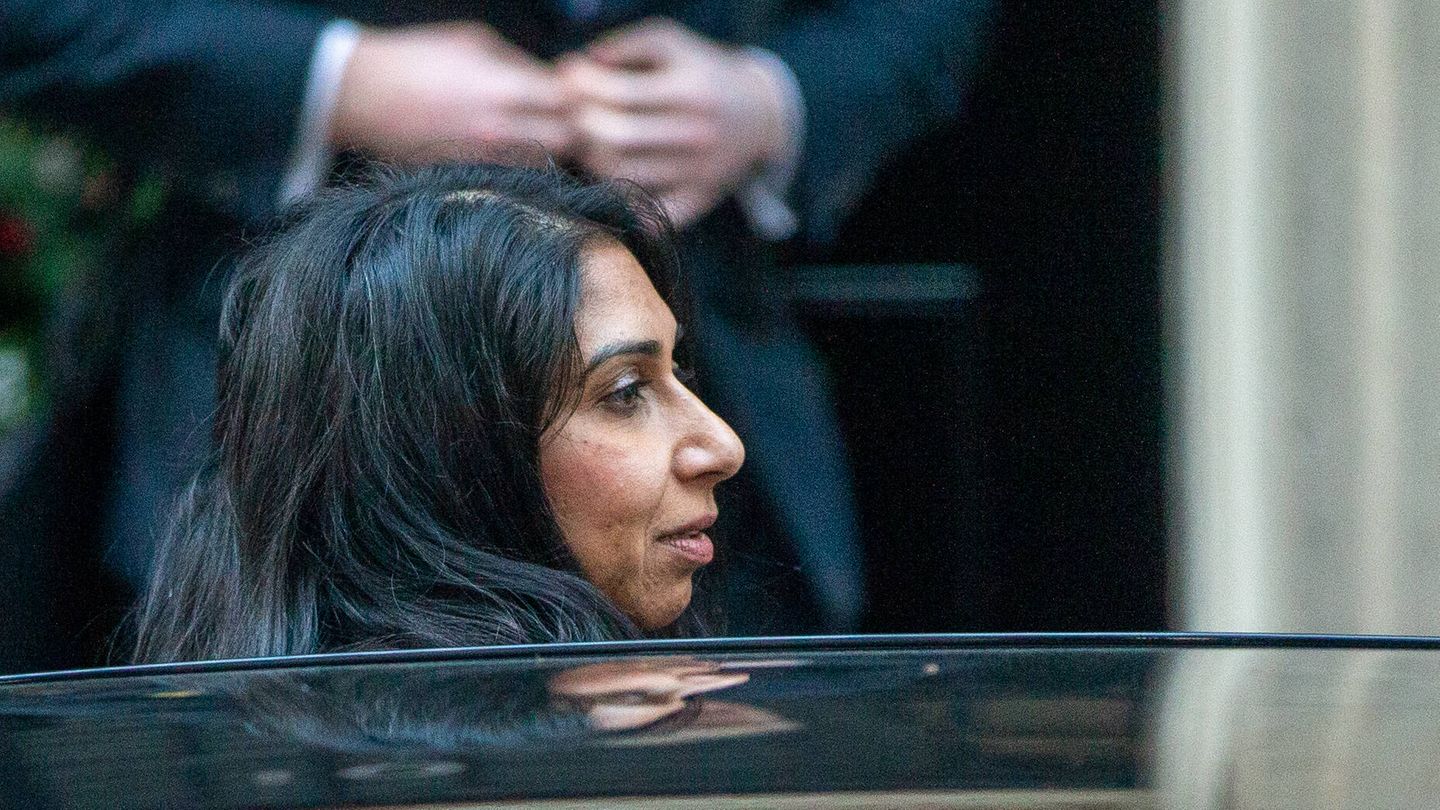David William is a talented author who has made a name for himself in the world of writing. He is a professional author who writes on a wide range of topics, from general interest to opinion news. David is currently working as a writer at 24 hours worlds where he brings his unique perspective and in-depth research to his articles, making them both informative and engaging.
Menu
Great Britain: Politician wants to have young refugees X-rayed – doctors outraged
Categories
Most Read
Donald Trump receives Zelensky – but first calls Putin
October 16, 2025
No Comments
Friedrich Merz and the cityscape: A sentence that will hunt him
October 16, 2025
No Comments
Defense: Compromise tones at the first military service consultation in the Bundestag
October 16, 2025
No Comments
Donald Trump wants to have a triumphal arch built in Washington
October 16, 2025
No Comments
Broadcasting fee: What consequences does the ruling have for ARD and ZDF?
October 16, 2025
No Comments
Latest Posts

Asbestos in baby powder? Billion dollar lawsuit against Johnson & Johnson
October 16, 2025
No Comments
AngelicaI am an author and journalist who has written for 24 Hours World. I specialize in covering the economy and write about topics such as

Pre-election exchange rate coverage to the maximum: linked dollar bonds or Bopreales, which does the market prefer?
October 16, 2025
No Comments
With just over a week until the national legislative elections, after which the market believes that the official dollar could accelerate its upward momentum, investors

Pig price has fallen sharply: China’s tariffs are shaking up the market
October 16, 2025
No Comments
In Upper Austria there are around 4,300 pig farmers with around 1.04 million animals Pig exchange boss Johann Schlederer, chamber president Franz Waldenberger The international
24 Hours Worlds is a comprehensive source of instant world current affairs, offering up-to-the-minute coverage of breaking news and events from around the globe. With a team of experienced journalists and experts on hand 24/7.

